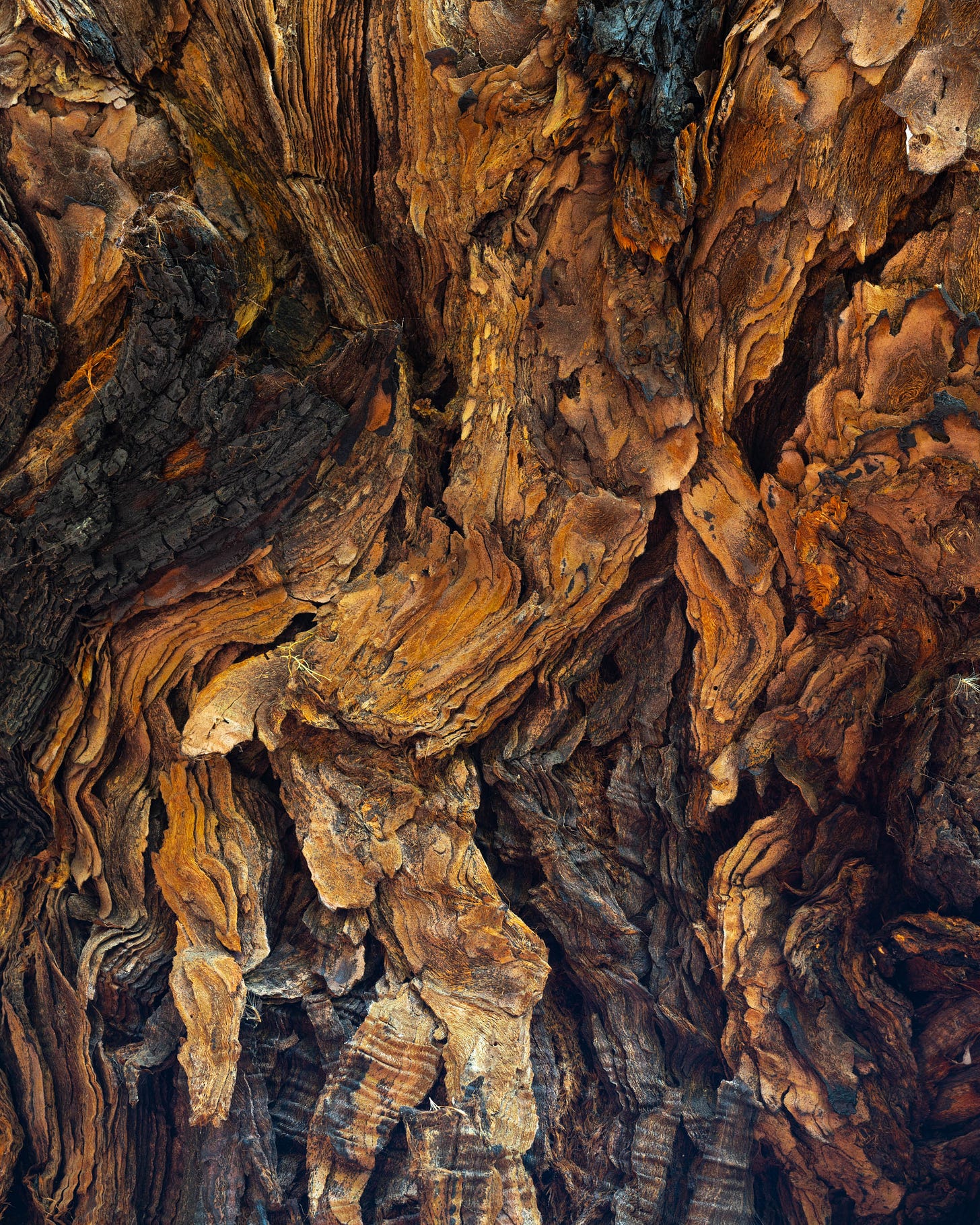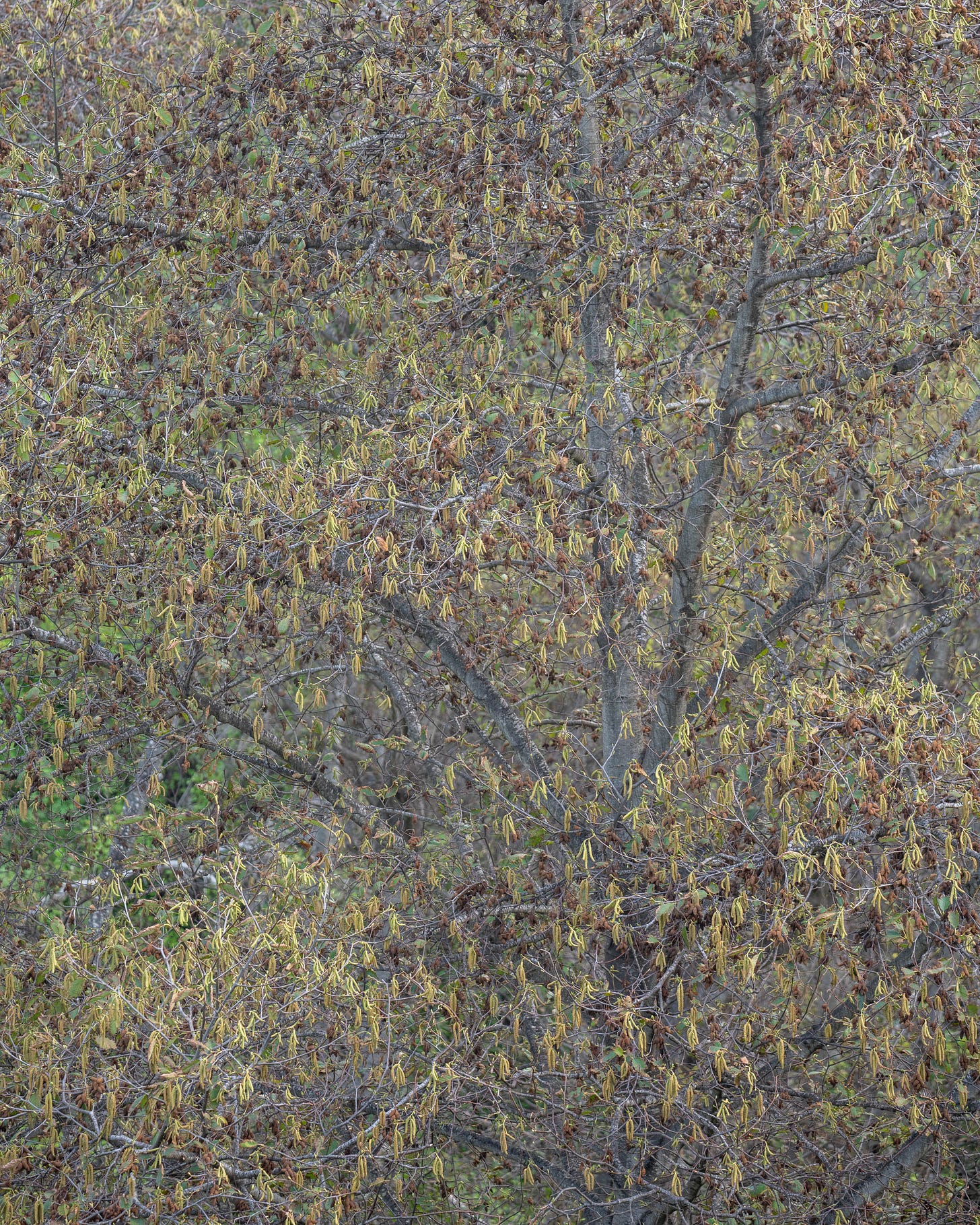Stoic Wisdom for Creatives
Cultivating Creativity Through the Writings of Marcus Aurelius
A most beautiful book was left to us by a philosopher and Roman emperor, Marcus Aurelius, who kept a personal journal that documented his inner life, his ideas, and observations on life, that informed the man he wanted to be and become.
This personal journal was not intended for publication. Found post-humously, the journal was published for its powerful series of reflections on how to live a judicious and productive life. This journal is now known as Meditations and for 1800 years represents Stoic philosophy through the pen of one man and his struggle and desire for truth, virtue, justice.
In Meditations, he asks himself:
My soul, will you ever be good, simple, individual, bare, brighter than the body that covers you? Will you ever taste the disposition to love and affection? Will you ever be complete and free of need, missing nothing, desiring nothing live or lifeless for the enjoyment of pleasure? …No, will you not rather be satisfied with your present state and take pleasure in all that is presently yours?
The whole book is a wonderful example of one man who desired the best of himself. There are many, many insights contained within and for centuries people have reflected on the ideas in the book.
For myself, the book is intriguing because it’s easy to read accessible wisdom, and immediately applicable and inspirational too.
As a set of ideas, it’s powerful. As a personal journal, it’s an example of the inner work and discipline that is required for excellence.
What begins Meditations is a perfect example of useful ideas within an exercise full of promise. The first section begins with the following:
From my grandfather Verus: decency and a mild temper.
From what they say and I remember of my natural father: integrity and manliness.
From my mother: piety, generosity, the avoidance of wrongdoing and even the thought of it; also simplicity of living, well clear of the habits of the rich.
This personal journal begins with an articulation of his own foundations, a list of people and ideas for which he is grateful that formed the man he is and the man he desires to become.
What a great way of remembering well and usefully those people who made a positive impression. This section ends with a remembering of the good things that came from the gods:
From the gods: to have had good grandparents, good parents, a good sister, good teachers, good family, relatives, and friends - almost everything;
It’s commonplace in contemporary life to hear people talk about gratitude as a foundational practice that leads to a better life. Here we have an emperor of Rome beginning his own journal with gratitude for the specific gifts of and from key people.
Great example.
The rest of the book is filled, each paragraph, with words of wisdom.
For the creative person, here are seven wonderful reminders that speak directly to my creative practice:
1:
We should also attend to things like these, observing that even the incidental effects of the processes of Nature have their own charm and attraction. Take the baking of bread. The loaf splits open here and there, and those very cracks, in one way a failure of the baker's profession, somehow catch the eye and give particular stimulus to our appetite…looked at in isolation these things are far from lovely, but their consequence on the processes of Nature enhances them and gives them attraction. So any man with a feeling and deeper insight for the workings of the Whole will find some pleasure in almost every aspect of their disposition, including the incidental consequences.
Great advice for a photographer! There is “charm and attraction:” in the decay, beauty in the accidental, the intimate, the broken and the breaking. Careful observation will find in all things a significance as a reflection of the relation to the whole is always recognizable.
2:
…in the sequence of your thoughts you must avoid all that is casual or aimless, and most particularly anything prying or malicious.
Building a mental habit of cleansing the thoughts of anything casual or aimless…what a task for us all. To be purposeful with all our thoughts and to be properly directed towards the good and useful is a task for a lifetime.
3:
Always make a definition or sketch of what presents itself to your mind, so you can see it stripped bare to its essential nature and identify it clearly, in whole and in all its parts, and can tell yourself its proper name and the names of those elements of which it is compounded and into which it will be dissolved.
So much of creative progress involves the careful articulation of an idea or subject and understanding the particular component parts is a strength to cultivate. To strip bare, to identify clearly, to properly name elements, are creative habits that all great artists practice.
Recently I found a work by Henry David Thoreau, Wild Fruits, which is an uncompleted manuscript, where love for and careful observations of the natural world are recorded and reflected in the written word. Thoreau is exemplifying the Transcendental search for connection to God and truth through direct mindful engagement with the natural world.
He writes in the beginning of Wild Fruits:
We can any afternoon discover a new fruit there which will surprise us by its beauty and sweetness.
Wild Fruits is Thoreau showing us the way and embodying the value of carefully noticing the wonder of the world that surrounds us. He didn’t need to go far to find the marvelous. Simply walking around his hometown, Concord, Massachusetts, he found in every leaf and every fruit a microcosm worth his attention.
Back to Meditations…
4:
No action should be undertaken without aim, or other than in conformity with a principle affirming the art of life.
Purpose ought guide our creative work. Creative work is an act of faith embodied. We believe that in making our artful connections we are making a contribution to something greater than ourselves. We believe that art-making is worthwhile. Knowing our purpose, and understanding the meaning that drives us, allows us to know whether or not our work is aligned with the good and beautiful.
5:
Everything in any way beautiful has its beauty of itself, inherent and self-sufficient: praise is no part of it. At any rate, praise does not make anything better or worse. This applies even to the popular conception of beauty, as in material things or works or art. So does the truly beautiful need anything beyond itself?
This struck me as an important reminder to not seek approval from popularity. To align our work with the good and beautiful is its own reward. The praise of others can’t be the goal of our work.
6:
At break of day, when you are reluctant to get up, have this thought ready to mind: 'I am getting up for a man's work. Do I still then resent it, if I am going out to do what I was born for, the purpose for which I was brought into the world? Or was I created to wrap myself in blankets and keep warm?' 'But this is more pleasant. Were you then born for pleasure - all for feeling, not for action?
Quite a few years back I read this passage and was surprised and delighted to find Marcus Aurelius reminding himself that getting out of bed can sometimes be hard and it’s worth remembering that we are not born for the warm blankets of bed, but for action, for purpose, for life. Perhaps we all at times struggle with this.
7:
Your mind will take on the character of your most frequent thoughts: souls are dyed by thoughts.
I’ve found this to be increasingly true the more I focus on squeezing out the useless thoughts by focusing on the good and beautiful. There is no end to the process of cleansing out the mind. Meditation, prayer, journaling, and practicing silence are all ways we manage the ever-flowing contends of out minds.
For creatives, this cultivation of our surroundings to support our output is a core practice that forms our taste and forms our notions.
To mindfully cultivate the garden of our mind, following our intuitions, allows us to grow in the grow in the direction of our own humanity. We become more ourselves through the cultivation of intuition and taste by cleansing our minds of the unfruitful and casual.
Once again, I’ve included some photos below that are the fruits of my own searching in nature for the wild fruits that surprise and delight. Do let me know what you think in the comments!
Feedback is always welcome.






Beautiful reminder to the natural inclinations of my soul which get lost in the demand and the doings of others’ lost attentions.
Thanks for your colors, contrast, and fun detail. Cheers!